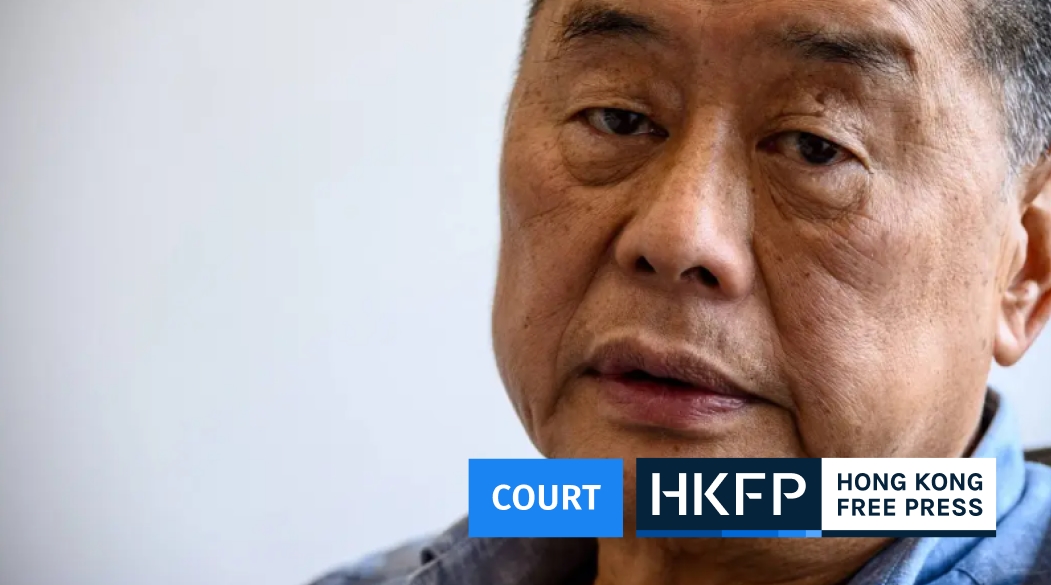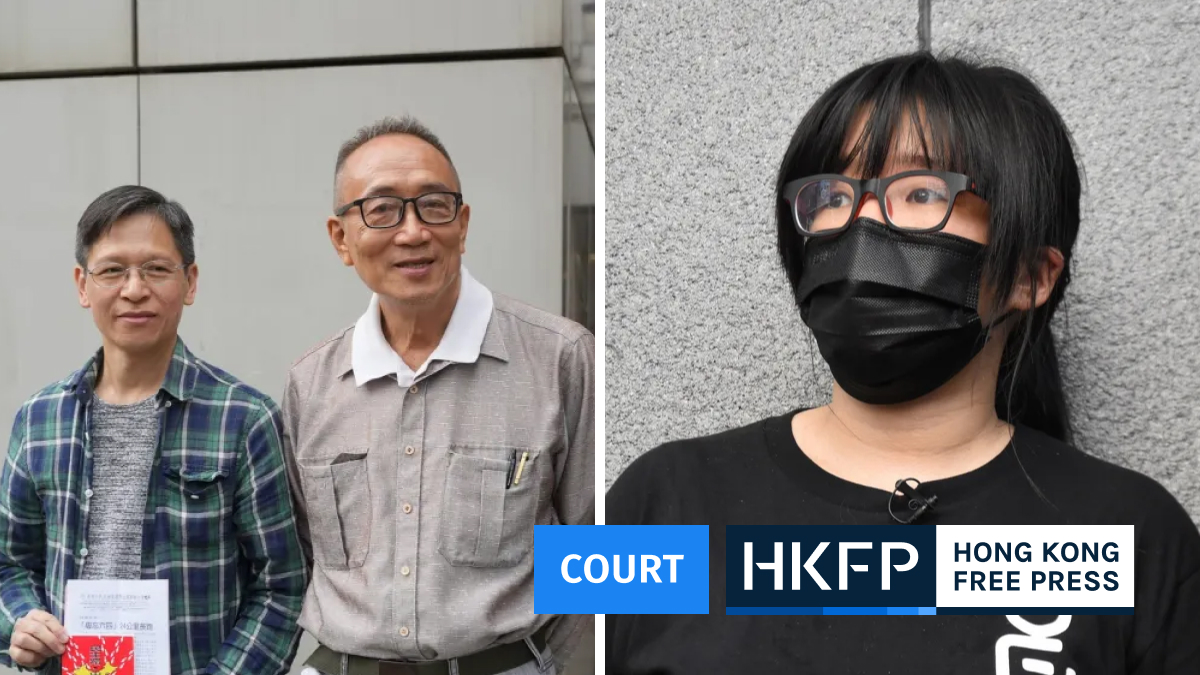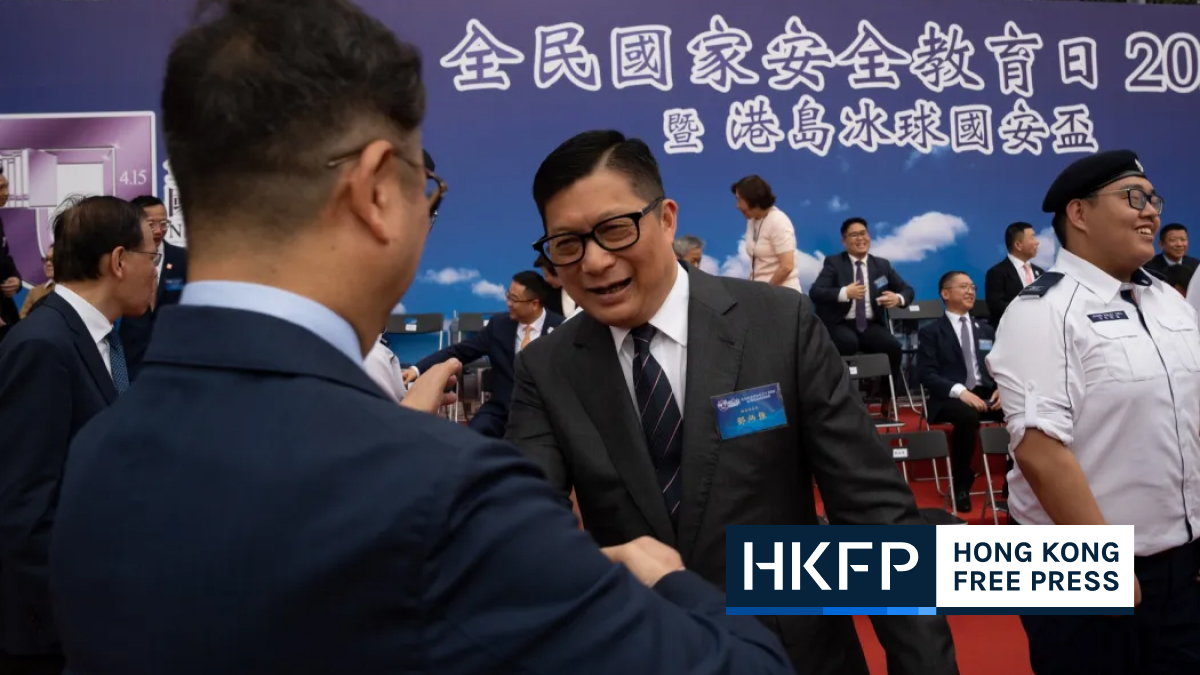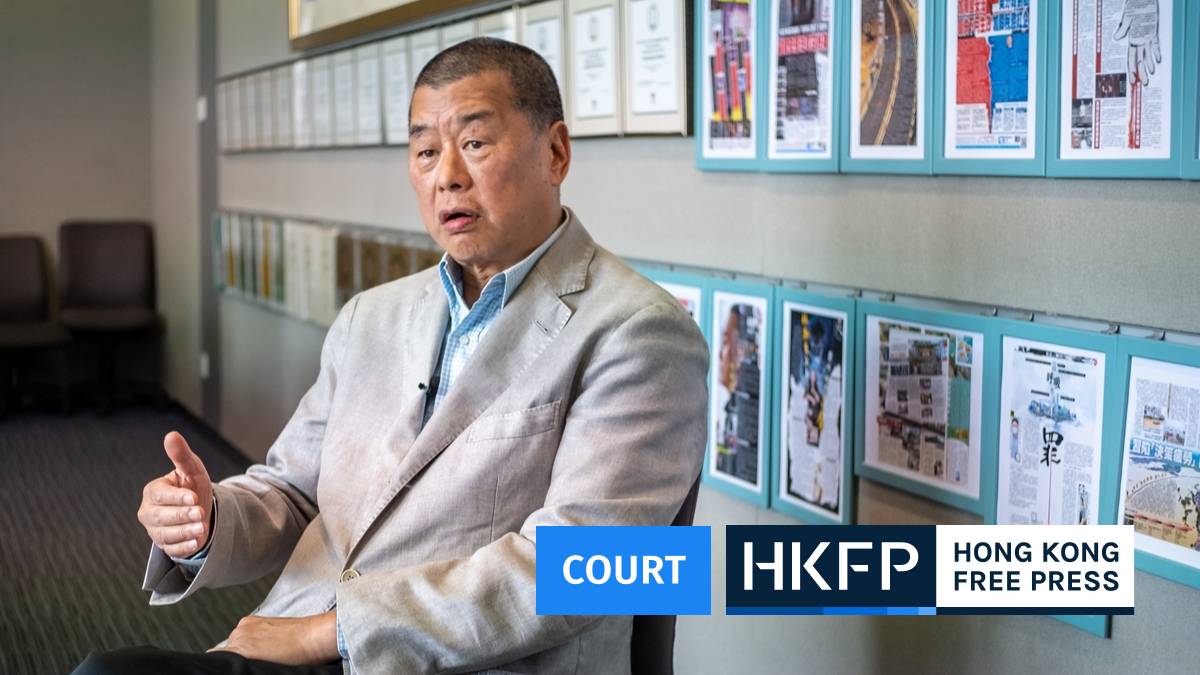Proposals to regulate crowdfunding in Hong Kong will make the survival of civil organisations “more difficult,” the League of Social Democrats (LSD) has said. The pro-democracy group added that the new law may bring harsh punishments and criminalise those who donate to unauthorised campaigns.

Meeting the press outside of the Kowloon City Magistrates’ Courts on Monday morning, Chair of the LSD Chan Po-ying said the public consultation on the legislation will close on March 20.
“As everyone may notice, our situation will become more difficult – that includes the LSD and all civil groups,” Chan said before she attended the trial with two other LSD members for allegedly collecting donations without a permit.
Under the proposed law, any crowdfunding efforts banned by a government office, or suspected of jeopardising “public interest, public safety, or national security in Hong Kong” will be outlawed.
The LSD leader said the suggested regulations will be “spicier” as they will make the unauthorised collection of public funds an “indictable offence,” which will come with harsher maximum punishments than the charge they are currently facing.
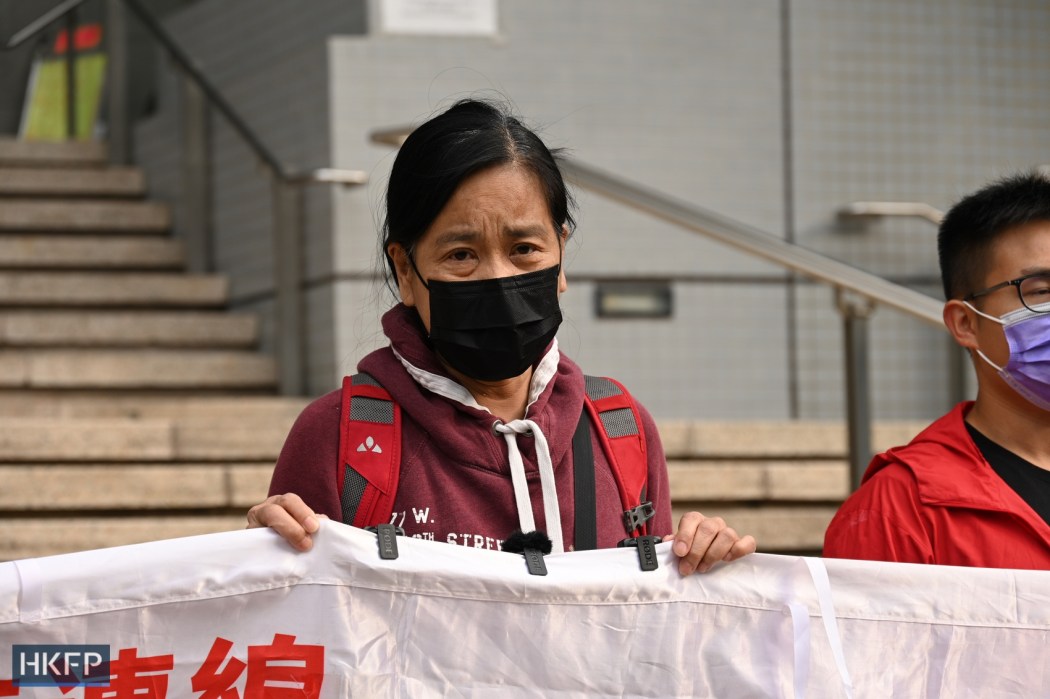
She added that the new law will also hold donors liable for unauthorised crowdfunding campaigns, as well as the organisers of fundraisers.
“[The proposed law] mainly targets political groups, civil organisations, and other groups whose survival relies on public donations,” Chan said.
Mend ‘gaps’ in existing law
Crowdfunding has been a popular tool for pro-democracy politicians and activists to raise funds, though the authorities have used money laundering laws to target campaigns that have sought to support demonstrators involved in the 2019 protests and unrest.
In September, 2022, a court seized HK$70 million from Spark Alliance – a fundraising platform known for aiding protesters – after four people linked to the platform were arrested on suspicion of money laundering.

Edmund Wan, an online radio host better known as “Giggs,” was jailed last October over money laundering and sedition after he had called for donations to support the living expenses of Hong Kong protesters in Taiwan.
When the public consultation for the crowdfunding law was launched in December, Chief Executive John Lee said it was needed to mend “gaps” in existing laws.
The official consultation document stated that unregulated crowdfunding activities were prone to different risks, including the potential use of them to “raise funds or launder money for various types of illegal activities” such as “terrorist activities” and other acts “endangering national security.”
In June 2020, Beijing inserted national security legislation directly into Hong Kong’s mini-constitution – bypassing the local legislature – following a year of pro-democracy protests and unrest. It criminalised subversion, secession, collusion with foreign forces and terrorist acts, which were broadly defined to include disruption to transport and other infrastructure. The move gave police sweeping new powers, alarming democrats, civil society groups and trade partners, as such laws have been used broadly to silence and punish dissidents in China. However, the authorities say it has restored stability and peace to the city.
Support HKFP | Policies & Ethics | Error/typo? | Contact Us | Newsletter | Transparency & Annual Report | Apps
Help safeguard press freedom & keep HKFP free for all readers by supporting our team





















